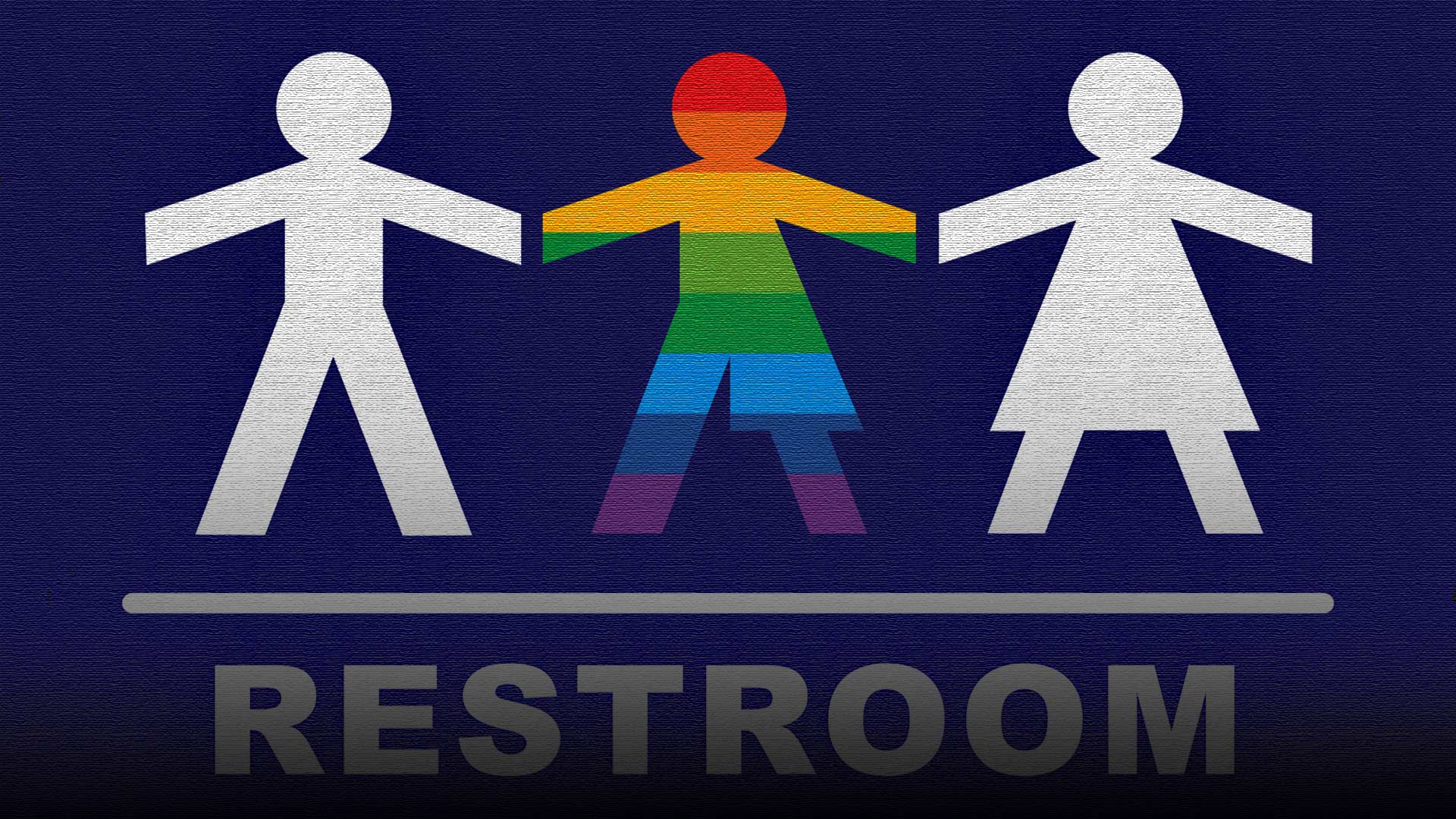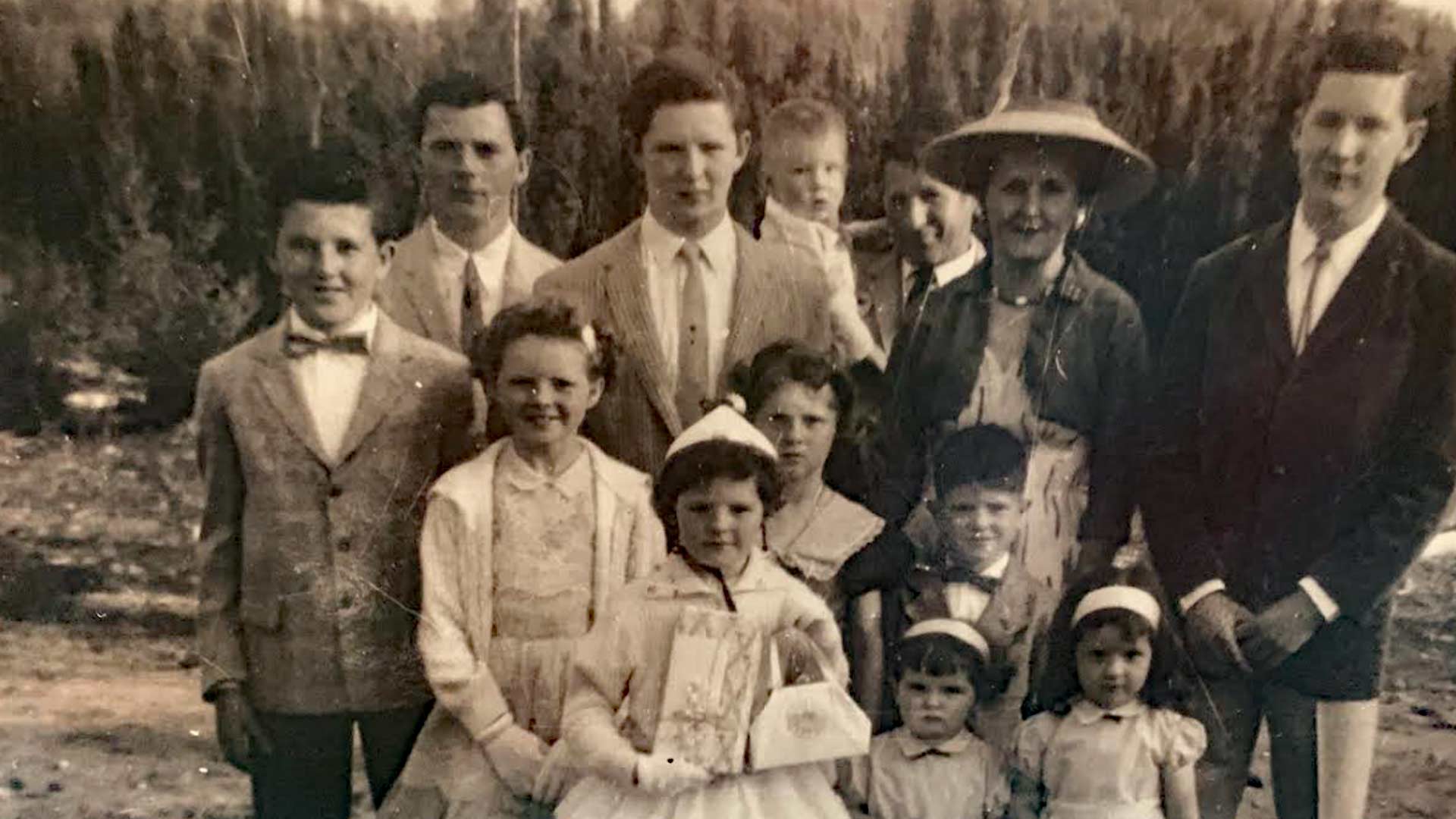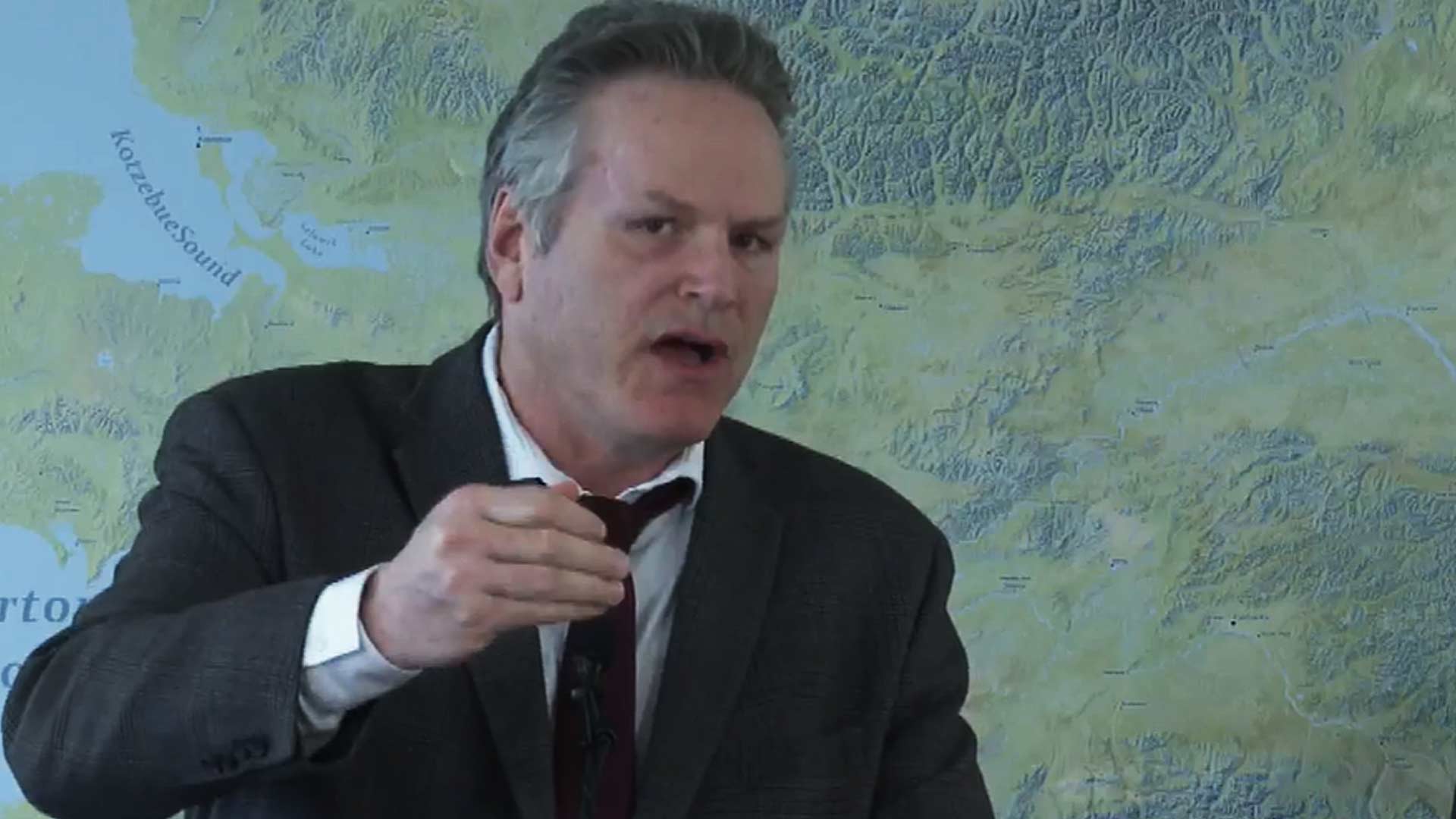
Faith is a major factor in the lives of many U.S. soldiers. Military men and women lean on this pillar through deployments and combat, but also in dealing with challenges of missing milestone events and uprooting families due to frequent reassignments around the world.
In the midst of these difficulties, military chaplains serve as spiritual advisors, mentors and leaders. As commissioned officers they lead religious services, offer sacraments, provide spiritual and moral counsel and accompany soldiers into dangerous combat zones.
Presbyterian Chaplain Jeremy Coenen, stationed at Eielson Air Force Base near Fairbanks, became a military chaplain six years ago when he felt a call to serve the spiritual needs of men and women in the armed forces.
“I see the role of the chaplain as the primary person in a given unit who provides spiritual care to the members and their families,” he said.
Coenen noted that chaplains ensure soldiers and their families have opportunities to exercise their constitutional right to the free exercise of religion no matter where they are stationed. In carrying out this ministry, each chaplain serves according to their own faith tradition, he added, “but we care for all people equally.”
Trey Fuller was in the Air Force for 24 years before retiring in 2015. Stationed at Joint Base Elmendorf-Richardson in Anchorage from 2011 until 2013, he and his wife Wendy both relied heavily on their Catholic faith during their military time.
The biggest challenge was that “we were never able to grow as part of a faith community for a long period of time,” Trey said. “That’s a part of our life that we totally missed out on.”
Wendy agreed, saying it was difficult to not have a place “where you get to put down roots in one single parish,” growing with that parish family and being able to impact the community and vice versa.
“As a military family, you deal with change all the time,” she said. “For me personally, the one thing that was always the same, that never changed, was my faith. It gave me that sense of belonging and sense of consistency that I needed to bloom wherever we were planted.”
Chaplain Coenen noted that the sense of rootlessness is a unique spiritual challenge for military families of all denominations.
“The members and their families do change duty locations frequently,” he said. “This means that those members and families who have a religious faith need to find new places of worship more frequently than the general public.”
In addition to frequent relocation, Trey found his faith challenged at certain moments during active duty.
“There were things that were troubling,” he said. “It’s difficult to square those things.” Amid the challenges a strong faith life was key for he and his wife.
There are, however, obstacles to providing for the spiritual needs of military families. According to an article from North Carolina Public Radio, the military faces a chaplain shortage. It is particularly difficult to provide enough chaplains due to the growing diversity in the military, which now has over 200 officially recognized religions.
Chaplain Coenen has noticed this diversity in Alaska with the soldiers he serves, noting that as a civilian pastor he served a more narrowly defined population.
“Now my net is much wider,” he said. “I am now able to care for so many more people who wouldn’t normally (in the civilian world) ask for my help.”
Fuller said that help is of “absolute importance” for soldiers. “It’s a grace that’s hard to put into words,” he said. “For those people who are out there in combat zones deployed all around the world, it is a true lifeline.”
Click here to learn more about how to become an Air Force chaplain.
Click here to learn how to become an Army chaplain.







